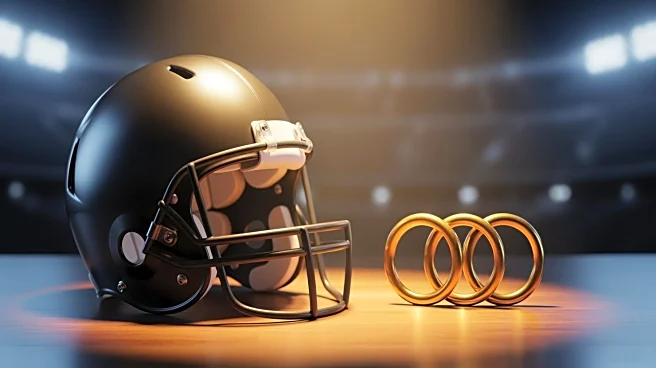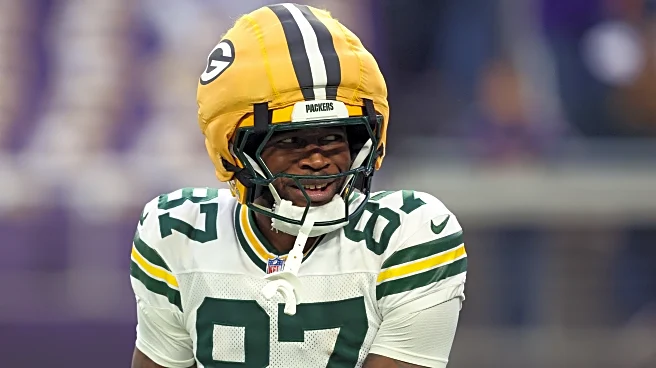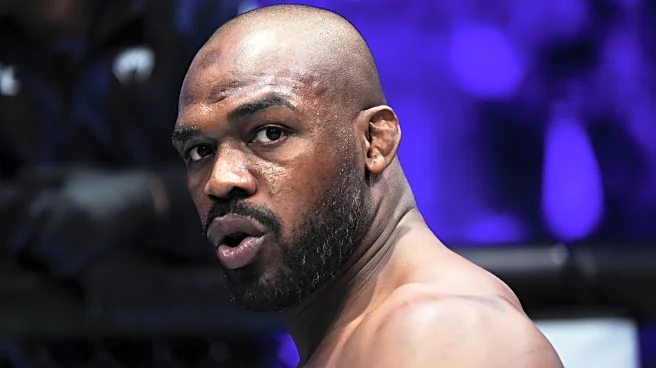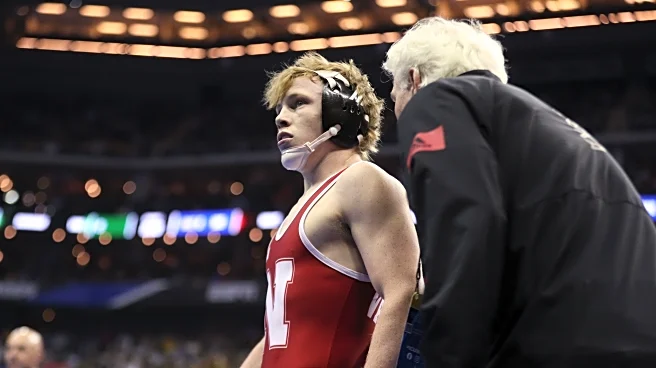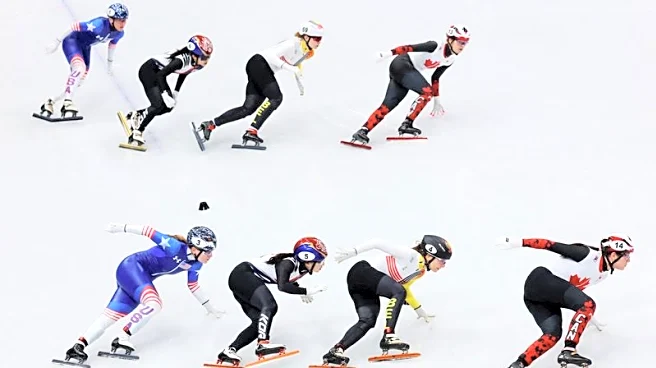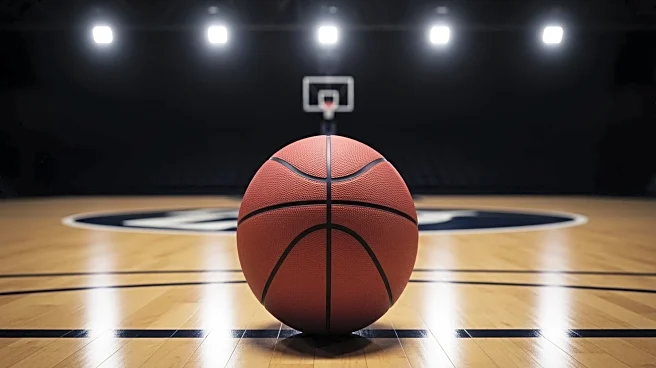What's Happening?
Arch Manning, the starting quarterback for the Texas Longhorns, has become a prominent figure in college football not only for his on-field performance but also for his strategic engagement in the Name, Image, and Likeness (NIL) landscape. Manning has selectively
partnered with major brands, enhancing his public image through national commercials and digital campaigns. His partnerships include deals with Panini America for sports memorabilia, Waymo for autonomous driving technology, Warby Parker for eyewear, EA Sports for video games, Raising Canes for fast food, and Vuori for athletic apparel. These collaborations have positioned Manning as a marketing force, leveraging his generational pedigree and celebrity status.
Why It's Important?
Manning's approach to NIL deals highlights the evolving landscape of college athletics, where athletes can capitalize on their personal brands. His selective partnerships demonstrate a strategic approach to maintaining a curated public image, which could influence other athletes in their NIL strategies. Manning's deals not only enhance his visibility but also contribute to his financial success, with his NIL valuation estimated at $3.6 million, making him one of the top earners in college sports. This trend underscores the growing importance of branding and marketing in college athletics, potentially impacting recruitment, sponsorships, and the overall commercialization of college sports.
What's Next?
As Manning continues to build his brand through strategic partnerships, other college athletes may follow suit, seeking to maximize their NIL opportunities. The impact of these deals could lead to increased competition among brands to secure endorsements from high-profile athletes. Additionally, Manning's success may prompt discussions on the regulation and management of NIL deals within college sports, as stakeholders aim to balance commercial interests with the integrity of collegiate athletics.
Beyond the Headlines
Manning's involvement in charitable activities, such as donating earnings from certain commercials to charity, adds a philanthropic dimension to his commercial ventures. This aspect of his brand could influence public perception and set a precedent for other athletes to incorporate social responsibility into their endorsement strategies. The ethical considerations of NIL deals, including the potential for exploitation and the impact on amateurism in college sports, remain a topic of debate.
